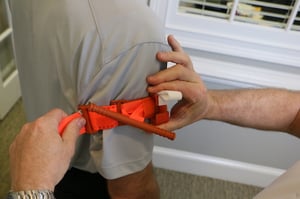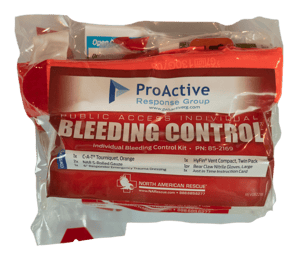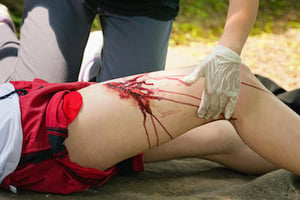If you ever find yourself in an emergency situation, whether it's an active shooter event at work or a car accident on the interstate, we cannot emphasize enough the importance of a fast response.
Sadly, there are a lot of myths floating around out there that can squelch a civilian first responder's confidence and even hinder their ability to provide life-saving medical treatment. We want to debunk those myths in hopes of empowering you to take action, respond, and save lives.
.png?width=499&height=133&name=Logo-menu%20(1).png)







